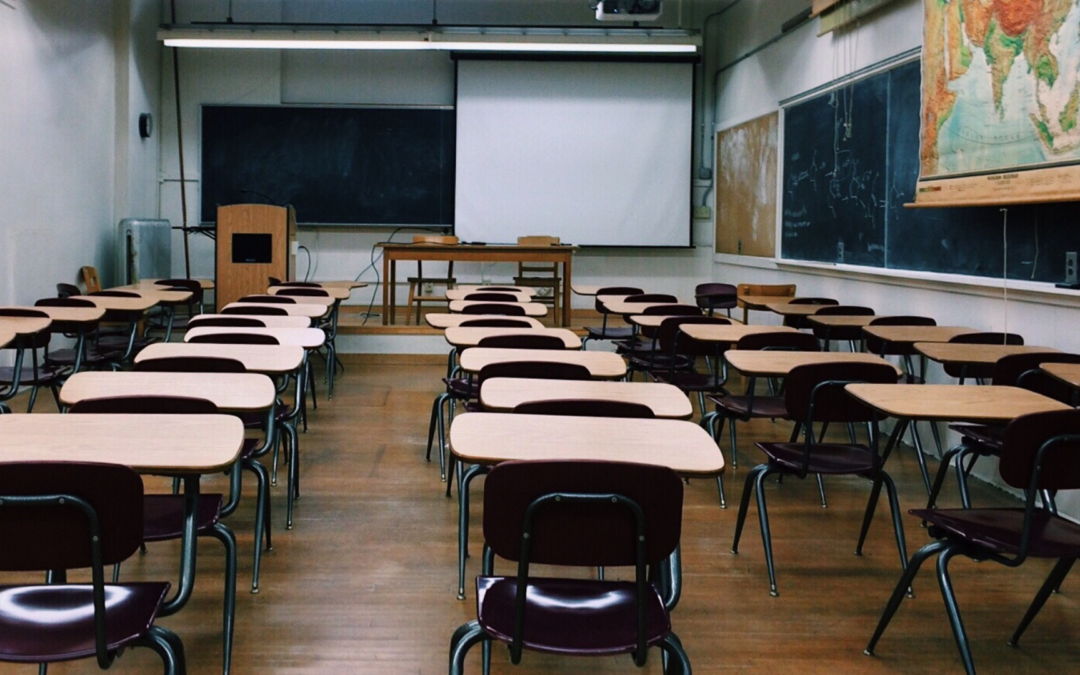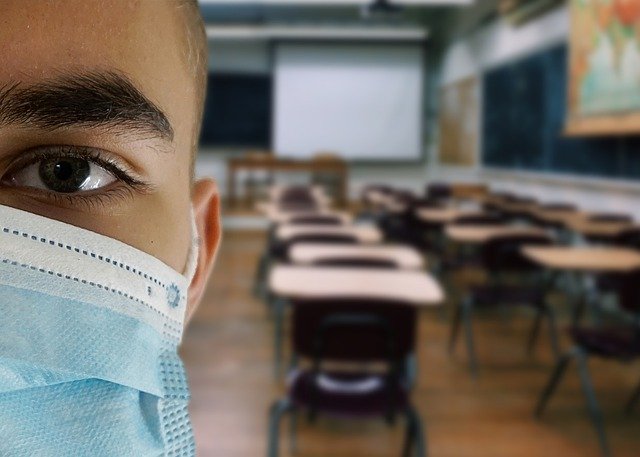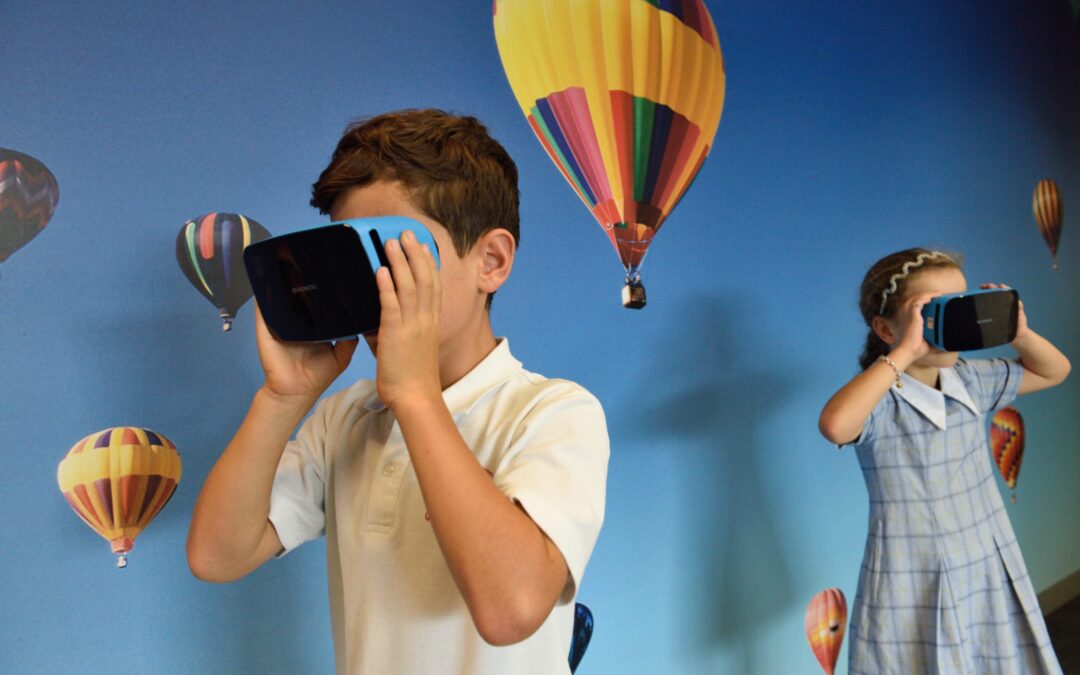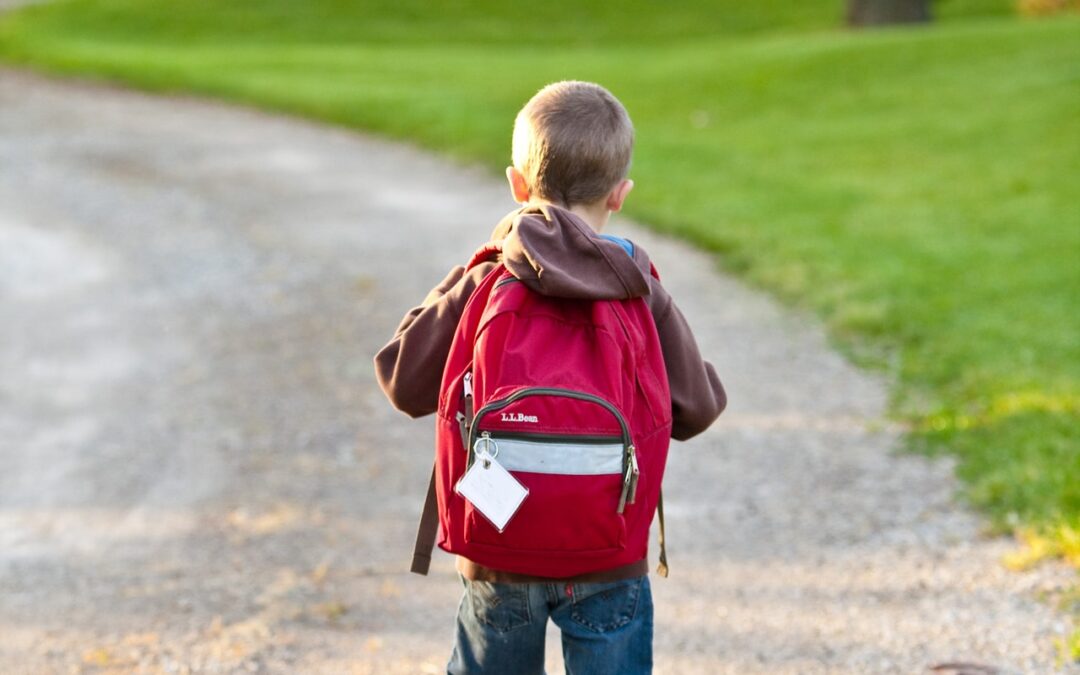
by The Children's Treatment Center | Mar 26, 2025 | General
When a child refuses to attend school on a regular basis, it can be devastating for parents. School refusal, sometimes referred to as school phobia or school anxiety disorder, is more than a phase. It may have an impact on a child’s future achievement and...

by The Children's Treatment Center | Aug 28, 2020 | General
As the 2020 – 2021 school year begins, children who normally go through separation anxiety may be even more anxious about going back into the classroom during the pandemic. After all, the beginning of a new school year can be threatening during normal times, but...

by The Children's Treatment Center | Aug 10, 2017 | General
The start of a new school year is just around the corner. While many children are happy about heading back to the classroom and seeing their friends again, for some kids, a new school year embodies fear and school anxiety. But, what if your child could go into their...

by The Children's Treatment Center | Apr 12, 2017 | General
For some children, going to school can be emotionally traumatic. Their school anxiety may stem from such things as their dread of encountering a particular child or teacher, their worry about not doing well in school, or the fear of failing a test or “looking stupid.”...

by The Children's Treatment Center | Mar 2, 2017 | General
The summer is waning – it’s almost time for autumn to roll around again, which means school will be starting soon. While most children look forward to this time so they can see their friends and enjoy various school activities, this can be a period of major...






